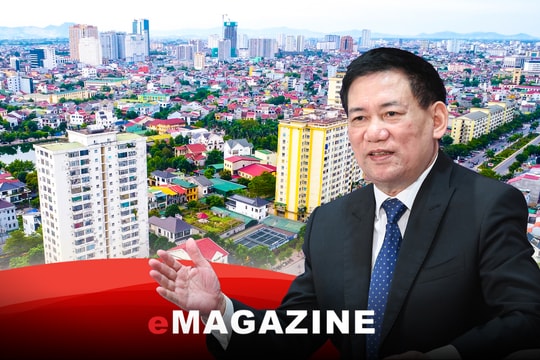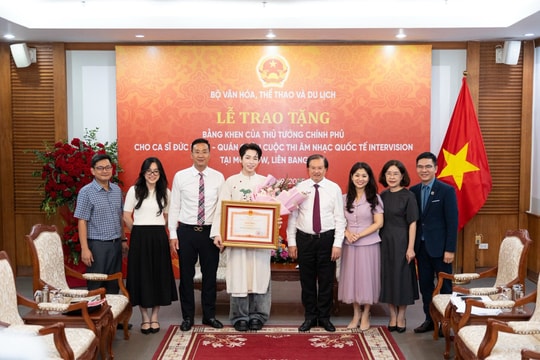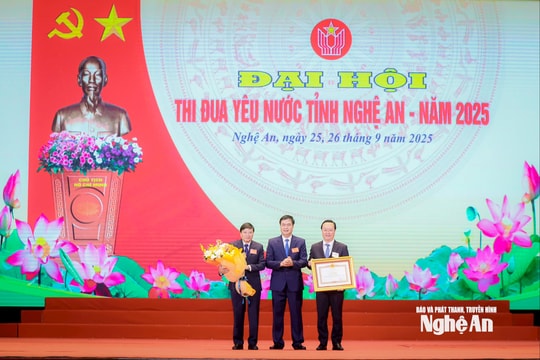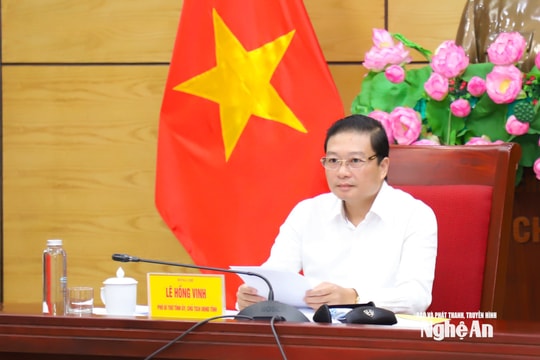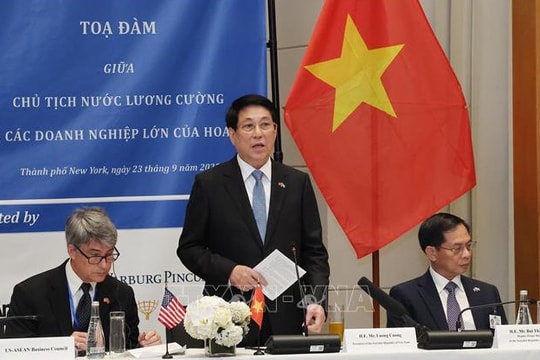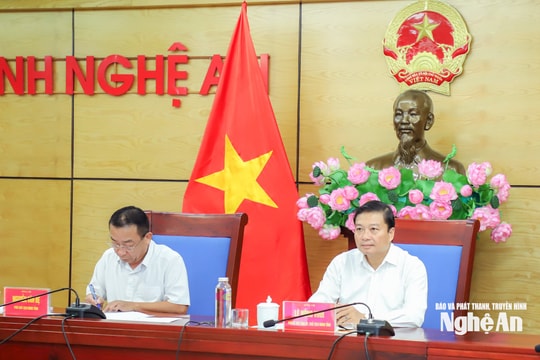Do not use cash to pay for electricity, water, and tuition in urban areas.
100% of schools, hospitals, electricity companies, water supply and drainage companies, environmental sanitation companies... in urban areas must coordinate with banks to collect tuition, hospital fees, and electricity bills using non-cash payment methods.
The Government has just issued Resolution 02 with contents to create changes in the business environment, improve competitiveness and labor productivity. One of the contents of this Resolution is to accelerate non-cash payments.
Accordingly, the Chairman of the People's Committee at the provincial and municipal levels needs to direct and require 100% of schools, hospitals, electricity companies, water supply and drainage companies, environmental sanitation, telecommunications and postal companies in urban areas to coordinate with banks and intermediary payment service providers to collect tuition fees, hospital fees, electricity bills, etc. by non-cash payment methods. In particular, priority is given to payment solutions on mobile devices and payment via card acceptance devices.
Cashless payments for living expenses are required by the Government to be implemented by December 2019.
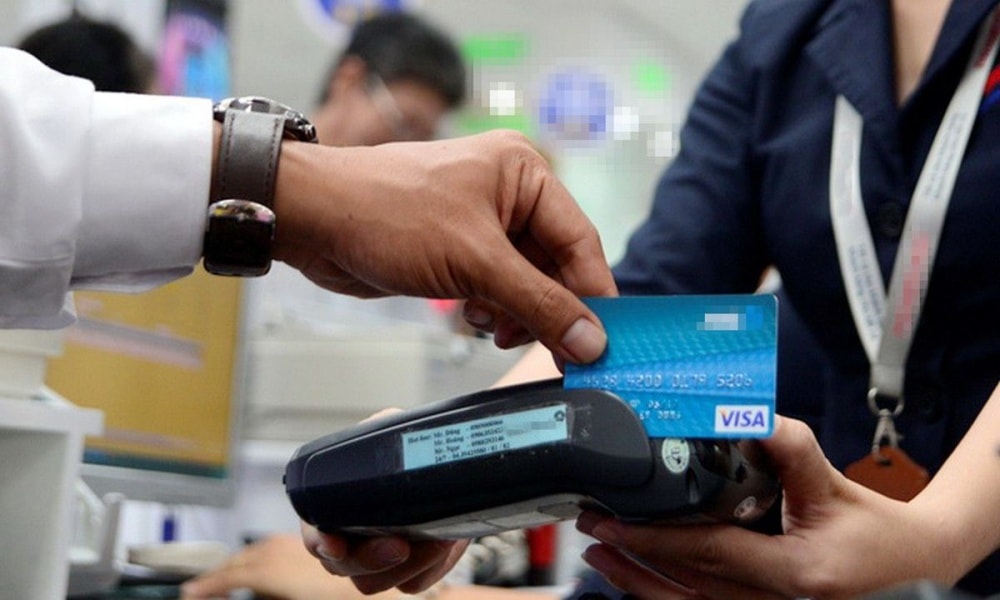 |
| Illustration photo |
Vietnam Electricity Group also needs to direct power companies to coordinate with banks and intermediary payment service providers to collect electricity bills by non-cash payment methods, encouraging electricity users to pay by electronic and mobile solutions. The goal in 2019 is to double the number of electricity users paying by electronic payment.
Regarding the operation of e-wallets, the Government requires that before the third quarter of 2019, the State Bank must report a plan to allow cash deposits into e-wallets without going through a bank payment account. Determine the limit on the amount of money deposited into e-wallets and the monthly transaction value. Require commercial banks and payment intermediary organizations to apply the basic QR Code standard.
The State Bank also needs to coordinate with the Ministry of Finance to list and publicly disclose in detail the list of transactions that must be paid through banks, and study and propose that the Government amend regulations to encourage cashless payments for real estate transactions.
According to World Bank statistics in July 2018, Vietnam is the country with the lowest non-cash transaction volume in the region at only 4.9%, while this rate in China is 26.1% and Thailand is 59.7%.
Electronic tax payment has been implemented since 2014 with 95% of businesses registered, actual revenue from this channel has also increased from 55% to 70% of the money paid to the budget. However, many businesses still prefer to pay directly rather than through an account and only pay at the deadline.
Similarly, with electricity bill collection, the policy has been in place for a long time, but according to a report by the Electricity Corporation, only over 4.5 million customers pay through banks and intermediary organizations, accounting for less than 20% of electricity customers.
Particularly in rural and remote areas, the majority of people do not have access to modern payment services and utilities.

